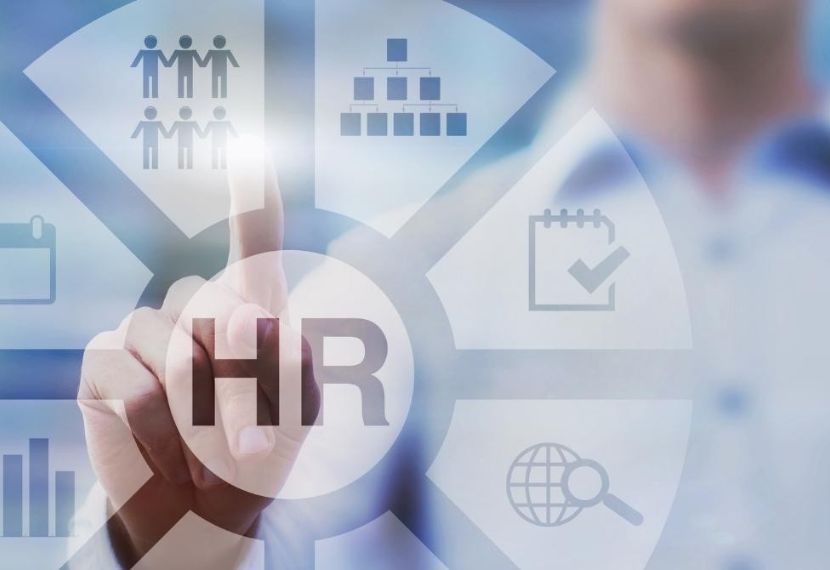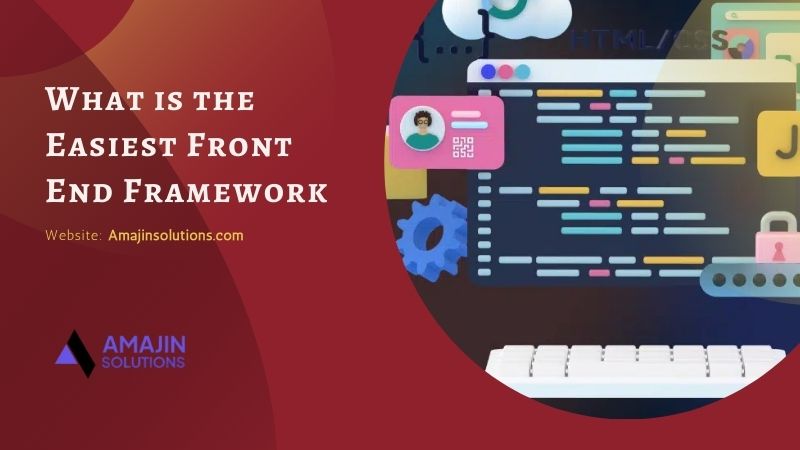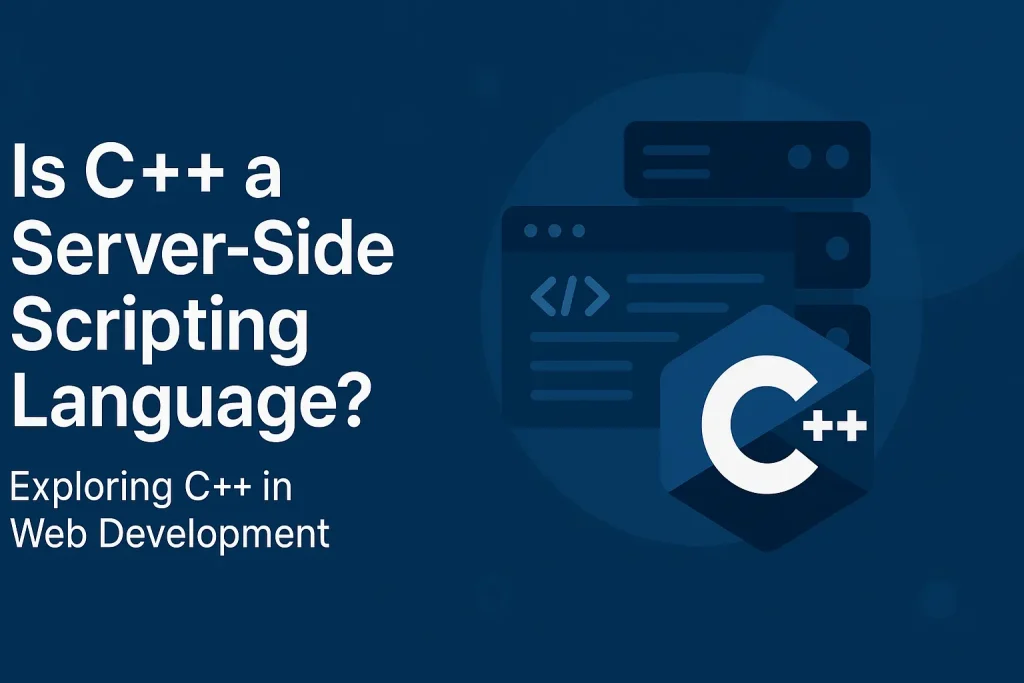What is in an HRIS System? If you’ve ever worked in a company, you probably know the chaos that can come with tracking employee details, payroll, and performance data. This is where an HRIS system comes in to save the day. But what is it, exactly, and why should you care? Let’s break it down in simple terms!
What is an HRIS System, Anyway?
At its heart, HRIS stands for Human Resource Information System. In plain English, it’s a software tool that helps businesses keep track of all the important employee information in one easy-to-manage place. Imagine it as a super-organized digital filing cabinet that stores everything from salaries to performance evaluations, personal info, and even training history. It’s like the unsung hero of the HR world—keeping everything in order, saving time, and reducing errors!
What is in an HRIS System? Key Features
An HRIS system is packed with all sorts of tools that make the life of an HR professional a whole lot easier. Here are the main features that you’ll typically find:
1. Employee Data Management
One of the primary jobs of an HRIS system is to manage employee data, including:
- Personal Information: Name, address, phone number, birth date, and other basic details.
- Employment Information: Job title, department, manager, and hire date.
- Work History: Past roles, training records, and promotions.
Instead of sifting through piles of paper, HR can store and easily update all this information digitally. It’s quick to access when needed, and updates happen in real time.
2. Payroll and Benefits Management
Payroll is one of the trickiest areas for HR, but an HRIS system simplifies it by managing:
- Salaries: How much employees earn and when they’re paid.
- Deductions: Taxes, retirement contributions, and insurance premiums.
- Employee Benefits: Health insurance, retirement plans, and leave balances.
By automating payroll, HR ensures everyone is paid correctly and on time, with no errors—plus, benefits are managed smoothly.
3. Time and Attendance Tracking
Gone are the days of manually tracking hours. An HRIS system can easily track:
- Clocking In/Out: Employees can log their hours directly through the system.
- Leave Requests: Employees can submit requests for vacation, sick days, or personal leave with a few clicks.
- Overtime: The system automatically tracks overtime and calculates the extra pay.
This system not only saves time for HR but ensures employees are paid accurately for the hours worked.
4. Performance Management
An HRIS system helps monitor employee performance over time. Here’s how:
- Evaluations: HR can run regular performance reviews to assess how employees are doing.
- Goal Setting: Employees and managers can set professional goals and track progress.
- Ongoing Feedback: Managers can provide continuous feedback, and employees can track improvements.
By centralizing performance data, businesses can identify top performers and provide support where it’s needed most.
5. Recruitment and Onboarding
The recruitment process can be long and chaotic, but an HRIS system streamlines it with features like:
- Job Postings: HR can post job openings directly on the system and keep track of applicants.
- Applicant Tracking: The system helps HR organize resumes, schedule interviews, and communicate with candidates.
- Onboarding: After hiring, the system helps with onboarding by organizing paperwork, training materials, and other necessary info.
With all this in place, finding and bringing in new talent becomes much smoother.
6. Training and Development
An HRIS system doesn’t just track employees—it helps them grow:
- Training Management: HR can track completed courses and certifications.
- Career Development: Managers can collaborate with employees to create career growth plans.
- Progress Tracking: Employees can see their own progress as they complete training or acquire new skills.
By helping employees continue learning and developing, businesses ensure their workforce is always improving.
7. Reporting and Analytics
HRIS systems offer powerful tools for reporting and analyzing data, including:
- Reports: HR can easily generate reports on things like payroll, attendance, and performance.
- Data Analysis: The system can uncover trends, like employee turnover rates or absenteeism patterns.
- Better Decision-Making: With access to all this data, HR can make more informed decisions.
Having data readily available helps businesses respond to challenges and make smarter choices.
Why Your Business Needs an HRIS System
So, now that you know what is in an HRIS system, you might be wondering, “Why should I bother with one?” Here’s why:
Saves Time
An HRIS system automates many HR tasks, freeing up valuable time for HR to focus on more strategic initiatives that add value to the business. No more manual data entry or number crunching!
Reduces Errors
Managing payroll and employee data manually leaves plenty of room for mistakes. An HRIS system minimizes errors, ensuring employees get paid the right amount and benefits are correctly handled.
Informs Better Decisions
With easy access to reports and data analytics, HR can make decisions based on real, accurate information. Whether it’s about employee performance, hiring decisions, or retention strategies, HRIS systems help businesses act with confidence.
Enhances Employee Experience
Employees also benefit from an HRIS system. They can easily check their pay stubs, request time off, or update personal information—all without having to go through HR. This transparency helps create a more positive and efficient workplace.
Keeps You Compliant
Labor laws and tax regulations are constantly evolving. An HRIS system ensures businesses stay compliant with local laws and keeps employee data safe and secure.
In a Nutshell: The Power of an HRIS System
An HRIS system is much more than just a tool for storing employee info—it’s a game-changer for businesses that want to streamline their HR processes. From managing employee data to automating payroll, tracking performance, and generating insightful reports, HRIS systems save time, reduce errors, and help businesses make better decisions.
If your business isn’t using an HRIS system yet, it might be time to take the leap. Not only will it make HR tasks easier, but it’ll also improve the overall experience for your employees and boost your company’s efficiency.
So, what is in an HRIS system? A whole lot of time-saving, error-reducing, and employee-empowering features that will help your business thrive!
FAQs
How does an HRIS system help manage payroll?
An HRIS system automates payroll tasks by tracking employee salaries, deductions, and benefits. It ensures accurate and timely payments, reducing errors and compliance issues.
What benefits does an HRIS system offer businesses?
HRIS systems save businesses time by automating repetitive tasks, reduce errors in payroll and employee data management, and help HR teams make more informed decisions using data insights and analytics.
Is an HRIS system secure for storing employee data?
Yes, HRIS systems are designed to comply with data privacy regulations and keep employee data secure. They use encryption and other security measures to protect sensitive information from unauthorized access.
Can an HRIS system be customized for specific business needs?
Yes, many HRIS systems are customizable to cater to the unique needs of different businesses. They offer various features and integrations that can be tailored to fit the company’s specific HR requirements.





